The scene layers team has been working on exciting new functionality for the ArcGIS Pro 3.1 release. Let’s take a look at some of these new features!
Time-enabled scene layers
You can time-enable point or 3D object scene layers to visualize 3D content temporally. For example, you can use the time slider to visualize building construction dates for a time range or apply a definition query to see which trees have been inspected within the past year. You can use this new capability to query, visualize, and analyze 3D content across desktop and web clients
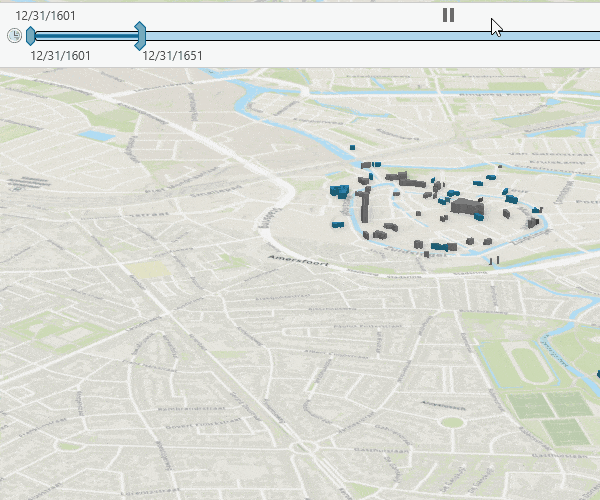
Mask a scene layer
To prevent features from displaying based on one or many areas, you can mask point and 3D object scene layers.
A common workflow to mask out scene layers is to combine multiple 3D layers where features occupy the same space. When authoring a map or scene, you can drape 2D layers on top of each other and see them all at the same time. This is not possible with 3D features, since these features compete for the same space. Instead, you have to remove the 3D features that compete for the same 3D space with the features you want to display.
For example, you want to mask features in a scene layer to visualize a new residential area in a city, and you are combining your new layer with the Esri-provided OpenStreetMap 3D Buildings layer. In this case, you can mask the area of the new residential construction from the OpenStreetMap 3D buildings layer.
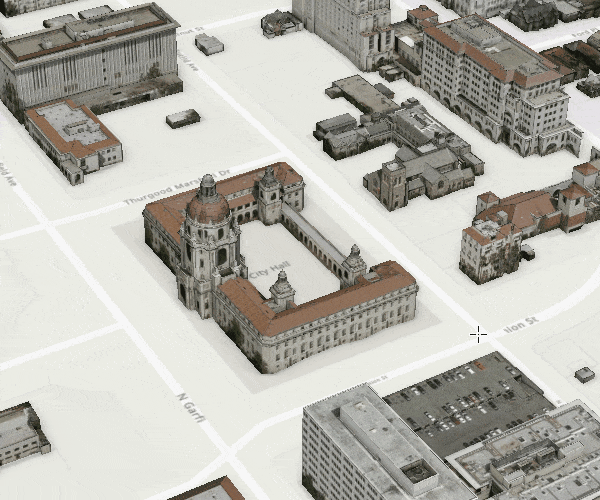
Clip scene services
You can clip point, 3D object, point cloud, integrated mesh or building scene services in the Clip geoprocessing tool. The service must have the extract capability enabled in order to input to the Clip tool. This setting can be found in the item details page of the service in ArcGIS Online or ArcGIS Enterprise 11.1 and later.
Layer offset
Have you ever wanted to adjust the offset for a scene layer in a scene? At the ArcGIS Pro 3.1 release, we have added the ability to adjust the offset in the Elevation page of the layer properties. For example you can raise or lower your integrated mesh scene layer. If you share the scene as a web scene this will also be picked up in the web scene.
I3S Version
You can view the I3S version for a scene layer package or scene service in the layer properties source page. This information is key when using older scene layer packages or 3rd party vendor data that can be upgraded using the Upgrade Scene Layer geoprocessing tool.
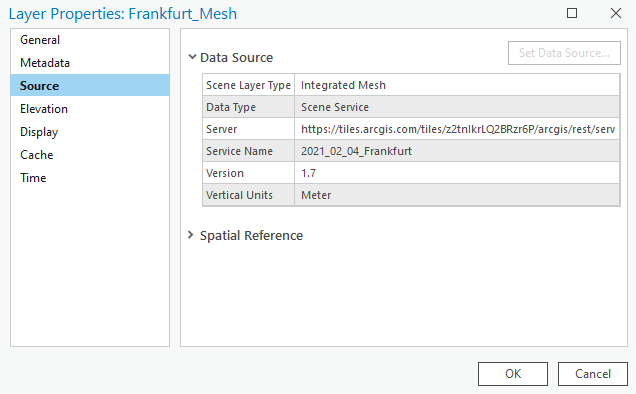
At each release, the scene layers team continues to add 3D functionality to ArcGIS Pro. Do you want to do something that’s not currently possible? Head on over to the ArcGIS Pro ideas page and submit an idea so we can review it for a future release!
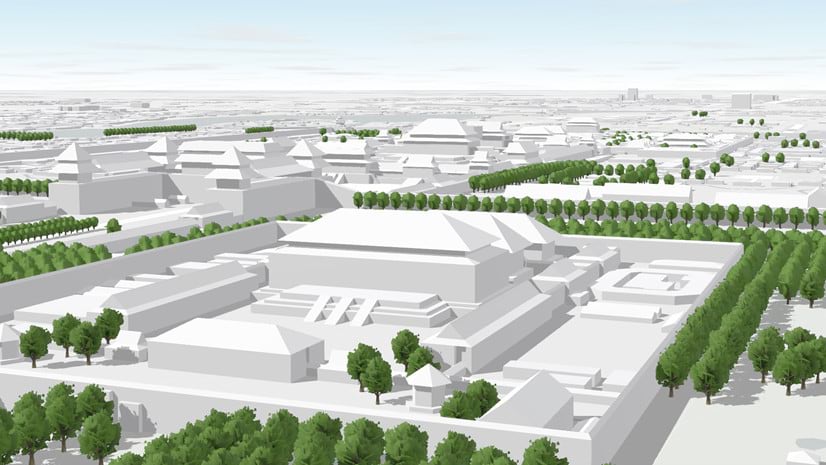
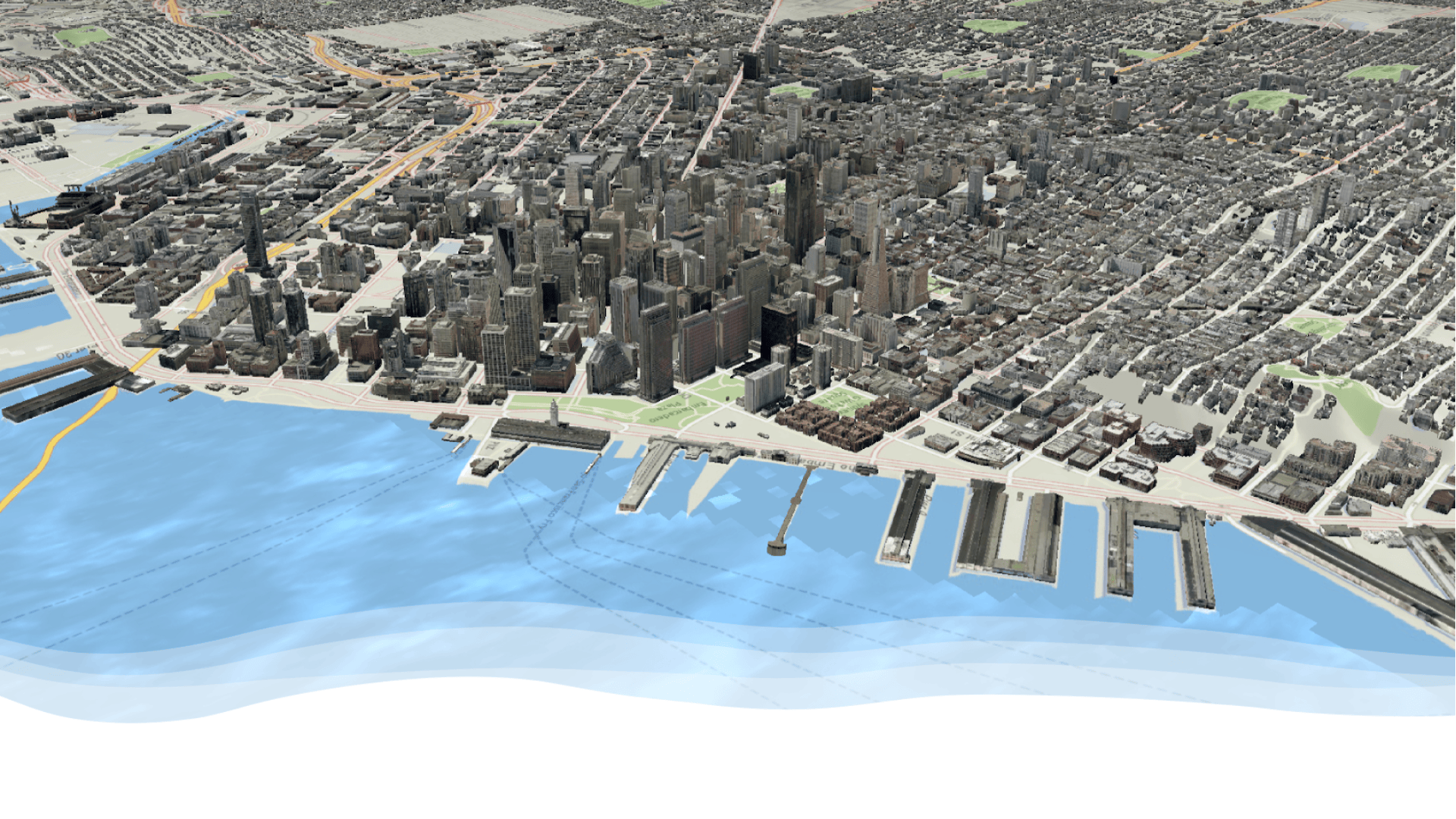
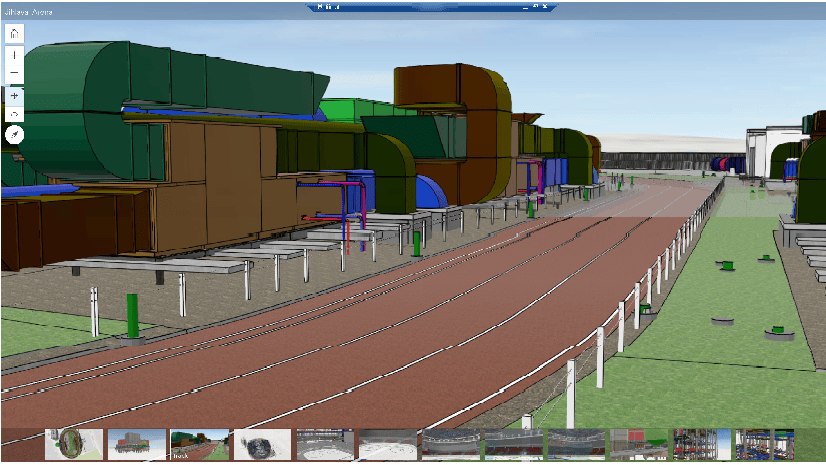
Thank you for all these improvements. The Theme Builder seems to have disappeared with this new version. Or maybe it can be found somewhere else? Documentation for theme development (https://developers.arcgis.com/experience-builder/guide/theme-development/) still indicates that it can be found at https://experience.arcgis.com/theme-builder/page/default/?views=variables, but that results in a page that simply states Not Found.
Hi, Dave This is Yiwei from the Experience Builder. The theme builder has been removed in favor of the Storybook environment that will be available with the developer version 1.1 later this month. The reasons for doing so are: 1. the current theme builder serves merely as a UI reference for developers and can be replaced by the more powerful Storybook, and 2. Internally, we need to re-evaluate the theme builder itself Sorry for the inconsistency between the latest online build of ExB versus the developer doc. The doc will be updated along with new docs on how to use… Read more »
Thanks, Yiwei! I look forward to hearing more about Storybook.
What is the version number of this update? When will the developer edition of this version be available for download? Will we be able to migrate our previous work with the developer edition to the new version (and if so, will there be any breaking changes)?
Hi Dave,
Dev edition 1.1, planned on 7/23, will pick up new features from this online edition update. You should be able to migrate apps built with the current 1.0 version to 1.1. An upgrade doc will be provided.
Thanks, Jianxia!
I am unclear regarding: “More data types are now supported, including a map service as a group layer.” I was able to add an ArcGIS Server Web Service group layer as a URL data source in ExBuilder. The same group layer could not be added into a web map using Map Viewer Classic. Is there any way to use group layers in the map widget (and the map layers widget so users can turn groups on and off)? I have heard Map Viewer Beta will support group layers (perhaps this summer), but I have not heard anything about using Map… Read more »
In the previous version, when you added a map service with sublayers, Experience Builder (ExB) added each sublayer in as individual layer in Data tab other than grouped sublayers under its parent as this version does. If you have a group layer in Map Viewer Beta and bring the map in ExB, the Map layers widge will display the group layer automatically because both Map Viewer Beta and ExB are built on JSAPI 4.
Is it recommended that we use Map Viewer Beta with production Experience Builder applications?
No, I would not recommend any beta software in the production.
Wow, that’s a lot of new stuff! Super happy to see the copy/paste for widgets.
Thank you for the added functionality to Experience Builder. I did notice that I see a message, ‘Upgraded from previous config’ listed under my data in the List widget. This only seems to appear for web experiences created before this latest update. Is this from the new Data View portion of the update? Is this expected?
Thank you
Jillian
Sorry for the delay. Yes, it is from the data view and is expected. Specifically, when the widget was configured with data that has any filters, sort fields, etc. in the previous version, the data source it connected to becomes (“is upgraded to”) a data view by default in the current version. We should have clarified it.